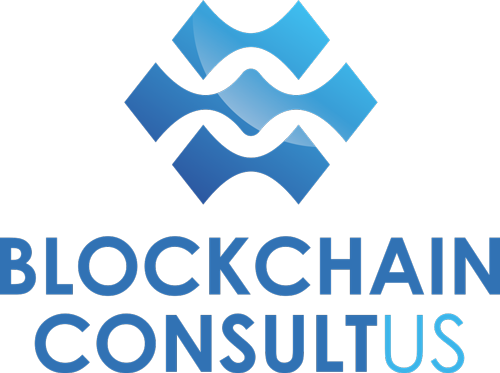Because of the growth of the illegal business of forged certificates, a lot of companies around the world are investing in new ways to protect their documents and clients, and credentials verification is a key factor in this.
Digitalising certifications and a good KYC policy in place seem to be a solution, but they are only the first step.
Although they are definitely safer than their traditional version, digital certificates can still be manipulated if the authority in control of them suffers an attack because of a security breach. This is the reason why credentials verification needs a more thorough approach, and Blockchain can provide it.
That is the mission of Block.co, an open-source credentials verification solution powered by the University of Nicosia, which is an avant-garde institution in this sector for being the first to launch a Master’s degree in Digital Currencies and Blockchain.
In 2014 they launched a solution for the issuances of academic certificates based on Blockchain to guarantee immutability and authenticity. Later, they expanded their platform to all other industries.
Possible applications of credentials verification
It is common to think that this technology can only help a few businesses of specific niches, but it is just the opposite: credentials verification can serve many industries, and Block.co gave us some ideas. Let’s see the most interesting.
Education
Academic institutions are still archiving data the traditional way, and although they do many things on the internet, certificates are still issued physically, because of the risk of circulation of forged documents.
Furthermore, theft of credentials is quite common, and it results in time and money losses, but if credentials are verified with a Blockchain-based system, there is no chance certificates can be manipulated.
Professional training
Counterfeit certificates issued by dodgy websites for money are becoming a threat for public safety, as people who present them often cover responsibility roles.
If certificates are issued via Blockchain, their authenticity can be verified by recruiters and authorities. If it is necessary, though, as frauds would not be possible.
Public administration
Commercial certificates are usually validated by public administration bodies and solicitors, which results in high fees, extra time and waste of resources. With smart contracts and credentials verification based on Blockchain, no intermediary is needed.
Maritime training
We are witnessing the birth of fake maritime training centres issuing certificates to people who did not meet the requirements in exchange for high fees.
This leads to the concrete possibility for maritime trading companies to hire unqualified people who can cause injuries and deaths to other people or even environmental disasters.
Empowering recruiters to verify the genuine origin of a certificate will significantly reduce this risk and make maritime shipping safer.
Luxury goods supply chain
According to various studies, the luxury goods market faces an average loss of 12 billion dollars per year due to counterfeit products.
Some companies in the fashion and food industries already adopted some Blockchain systems to trace the origin of their products.
Credentials verification would allow buyers and sellers to verify the origin and quality of the materials, providing information on the origin, production processes, quality control, sustainability compliance, and so on.
Healthcare
Medical records and prescriptions need certifications to be deemed as trustworthy, but the risk of falsification is always behind the corner.
A verification system based on Blockchain would prevent patients’ data from being disclosed, manipulated or deleted, and there would be little to no chance for fake prescriptions to be issued and served.
How it works
How does the platform work? What does it look like? This video will explain everything.
How to implement it
We are Block.co’s official partners. If you think your business could make use of a credentials verification system, contact us and we will guide you through the process together with them.


